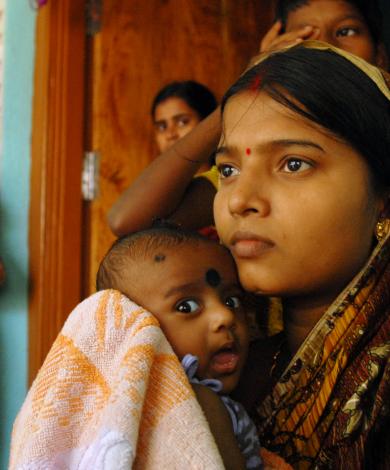Project summary
The MAMI project in this phase comprised secondary data analysis and a number of reviews to investigate the burden of care, the management, available guidance and outcomes in this age group. The project was undertaken in a ENN/UCL-CIHD/ACF collaboration supported by a Research Advisory Group and an interagency steering group, funded by the Global Nutrition Cluster.
The objectives of the MAMI Project were:
- To establish the infant burden of disease.
- To establish what is currently advised in the form of guidelines, policies and strategies.
- To determine what is carried out in practice.
- To make recommendations for future practice and research.
The main outputs of the MAMI Project are a summary report, a full report and publication of key findings in peer review journals.
Key resources
- Prevalence of wasting among under 6-month-old infants in developing countries and implications of new case definitions using WHO growth standards:a secondary data analysis (2011)
- MAMI Project Technical Review: Current evidence, policies, practices & programme outcomes (2010)
- MAMI Project Summary Report (2009)
